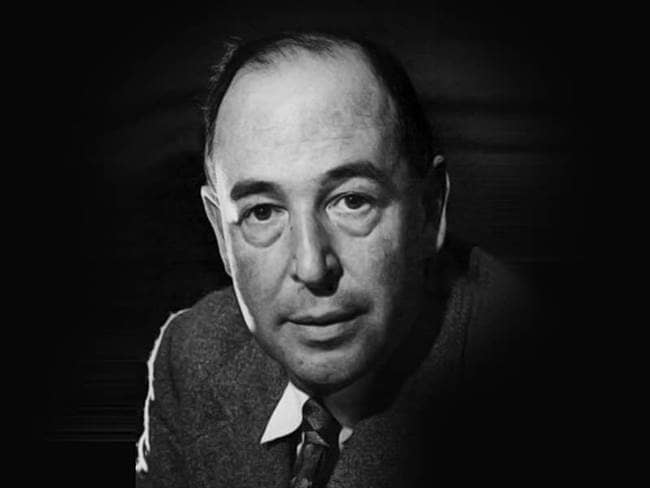By Toby Johnson
Alyson Books, 256 pp.
Blessed Bi Spirit: Bisexual People of Faith
Edited by Debra R. Kolodny
Continuum, 304 pp.
The idea that one's sexuality shapes the way one thinks about God is hardly breaking news. In the last 30 years, we've had many original, challenging books on this subject. "Gay Spirituality" by Toby Johnson, a Catholic monk turned psychotherapist, is not one of them. It is, rather, a frustrating, and at times offensive, example of identity politics and theology at its grim worst.
Johnson's thesis, simply put, is that the rise of gay consciousness, and the notion that religion is essentially metaphorical, have conspired to initiate a revolution of human consciousness. He bases his argument on the specious premise that "there is an enlightenment that goes with being gay, an understanding of the real meaning and message of religion." This "vanguard vision," he maintains, "comes, in part, from seeing the world from the perspective of an outsider. It also comes from bringing a different, less polarized, set of assumptions to the process of observing the world. And it comes, for most of us [gays] from not being parents."
Johnson is a former Catholic monk and comparative-religions scholar turned psychotherapist and edits the White Crane Journal. Setting aside the question of just how Johnson arrived at the startling conclusion that "being gay is a blessing, a higher incarnation, a better way to be," one cannot help but wonder at just what sort of gay community he lives in. I have been active in the New York gay community for several years and have yet to see any signs of spiritual superiority in my fellow gays, nor have I seen them leading lives that might be described as "better" than the ones heterosexuals lead. To the contrary, both gays and straights lead equally muddled, messy lives.
The sort of outsider status Johnson wants to claim for the gay community would have made far more sense 10 or 15 years ago. Today, when gay high school students have their own proms and major television networks carry sitcoms prominently featuring homosexual characters, the unequivocal claim that gays are outsiders has a ring of the absurd (not to mention the passé) about it. Not all gays view themselves as cultural outsiders, though they may view themselves, and legitimately so, as political outsiders. This is a fine distinction, but an important one, especially in light of the ends to which Johnson puts his claim.
In the same way, Johnson relies too much on his unsupported assertion that all traditional religions and religious myths are metaphors. Gays and straight folks alike find Absolute Truth, not mere metaphor, in religion. That many gay Christians are committed to carving out a space for themselves seems to escape Johnson's notice. He has a high-school Nietzsche fan's condescension for the church, and is fond of making such naïve, uninformed and flippant statements as, "St. Paul was an uptight preacher from a Middle Eastern country where everybody was uptight about their bodies and kept themselves covered from head to foot."
In place of the church, Johnson urges readers to embrace a "worldview...based in Buddhistic moral and mystical notions, stripped of Orientalisms, liberated from traditional anti-sex bias, and enriched with the social teachings of Jesus, stripped of their supernaturalisms." If traditional religion is less welcoming to gays than straights, are gays and lesbians as a result more prone to find a New Age pastiche more rewarding?
A collection of 33 essays and poems edited by Debra R. Kolodny raises questions similar to Johnson's, but Kolodny's book is far less self-righteous. "Blessed Bi Spirit" (an unforgivable title, but still a worthwhile book) is a kaleidoscopic anthology of the works of bisexual men and women of all faiths who are eager to explore the impact of their sexuality on their spiritual lives. The results are uneven, but most of the essays are engaging and more modestly expressed than "Gay Spirituality." Readers who can't abide Johnson will enjoy reading "The Holy Leper and the Bisexual Christian," in which Amanda Udis-Kessler explores the implications of a God who "won't let mere human boundaries stop love." And Debra Kolodny herself makes a fine contribution to the volume with a piece entitled "Hear, I Pray You, This Dream Which I Have Dreamed," an intriguing meditation on Jewish identity and bisexuality. The contributors to "Blessed Bi Spirit" have fruitfully discussed what Kolodny says are the "three things we are not supposed to talk about in 'polite' company: sex, religion, and politics." Many of the authors--like Raven Kaldera, who offers an invented three-way marriage ceremony--probably find Toby Johnson's way of doing theology congenial. Other contributors are more interested in making their own inherited religious traditions, be they Judaism, Christianity, Hinduism, or Buddhism, work.
The basis of a lot of anti-gay prejudice can be found in the texts and traditions of the major world religions. But these traditions mean a great deal to a great many people--gay and straight. We cannot dismiss them as metaphorical, extracting from them the bits that please us most. Stretching the traditions, finding buried deep within them the resources to combat and refute prejudice, and calling on them to live up to their own ideals, this work is being done, and will continue to be done, by people who possess both courage and imagination, and who realize that conversion isn't simply a personal experience, but can be a communal one as well.

